Tea in Jamaica
Jamaicans have been drinking bush teas from the time of its earliest inhabitants – the Arawaks. Over the years, we have continued to drink local herbs and spices, which through folklore, culture and heritage have been handed down to generations of Jamaicans.
The tea (hot beverage) market in the early 1900s was based on loose ground leaves steeped in teapots, living up to traditional European standards. Embracing the foreign motherland culture (mental slavery) resulted in many traditional herbs and spices being thrown out of the tea cupboard for imported green tea.
The tea trade took a turn in Jamaica with two leading tea companies in the world, Tetley and Lipton setting up of factories as joint ventures with local Jamaican businesses. In the late 1960s they created two packaging facilities for importing bulk black tea and packing loose tea into packet sizes from 1oz to 1lb. Around the same time, the tea bag with filter paper envelope was developed and this trend saw the near elimination of loose teas, which went from a 100% market share down to less than 10% today.
Pharmacist, author and herbalist Dr. Diane Robertson, in the late 1970s and early 1980s began to package Jamaican cerasee and peppermint (satureja viminea) as loose leaf herbal teas under the Jamaican Style brand. Dr. Robertson has extensively researched Jamaican herbs and spice and is a noted international consultant. Her publications, which give insight and knowledge about Jamaican herbs and spices are:
- Live Longer Look Younger with Herbs;
- Jamaican Herbs, Nutritional and Medicinal Value
Former South Manchester Jamaica Labour Party politician, teacher and farmer Arthur Williams and farmers Robert Nicholson (Bobby) and Nelly Sepp and the many farmers in South Manchester were able to assist in establishing a business for stakeholders in the Jamaica Peppermint industry. During the 1980’s and 1990’s there were 5 tea packaging processing plants operating in Jamaica – Lipton Jamaica Limited, Salada Foods Limited, Tetley Tea Company Jamaica Limited, Perishables Jamaica Limited (PJL) and Jamaica Standard Products.
With the advent of the free market only 2 plants remain in operation, one processing primarily local materials – Perishables Jamaica Limited, and the other primarily packaging imported materials.
The first Jamaican herbal teabag blend-TOPS Pep O Mint (a blend of tea and Jamaican peppermint (satureja viminea)) was produced in July 1985 by Perishables Jamaica Limited and was contract packaged by Tetley Tea Company Jamaica Limited.
TOPS Pep O Mint, a blend of Jamaican peppermint and tea was a hybrid, developed to get Jamaicans accustomed to the taste of herbal teas, but was primarily targeted at the Canadian export market and the Jamaican and Caribbean Diaspora. At a time when foreign exchange was limited, the local peppermint industry saw significant growth and development with over 800 farmers producing annually over 20 tonnes of Jamaican peppermint, which saved and earned foreign exchange for the Jamaican economy.
PJL has faced many challenges as it has developed its products. The first challenge was the lack machinery & raw materials to produce the product in a consistent manner. We had to convince farmers to plant peppermint for our needs. This was like missionary work but we got groups of farmers in St. Ann, Manchester, Portland and St Andrew to take on the challenge. We were soon faced with competition, as first one, and then two other local companies began to buy peppermint. Thereafter the industry was firmly established. Jamaican peppermint farmers enjoyed excellent business with a guaranteed market for their produce.
This came to an end with the FREE MARKET that allowed for the free importation of herbs and spices, even those that can be competitively produced in Jamaica. This development resulted in the near destruction of the Jamaican peppermint and herbal industry with two of the other local processors closing down their operations. The other major tea producer went on the large scale expansion of their operations using imported raw materials, and marketed under strong local and international brands. Our main focus is on using local raw materials and we primarily export our products because of heavy competition in the local market from imported teas. We now export to the USA, UK, Canada and CARICOM.
Did you know
Ginger “Tea” is commonly used as a folk remedy for various illnesses and maladies inclusive of…ETC.
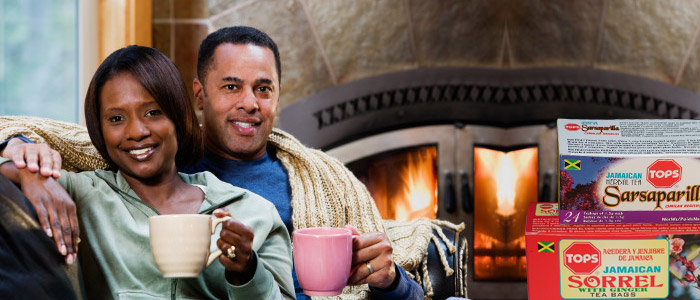
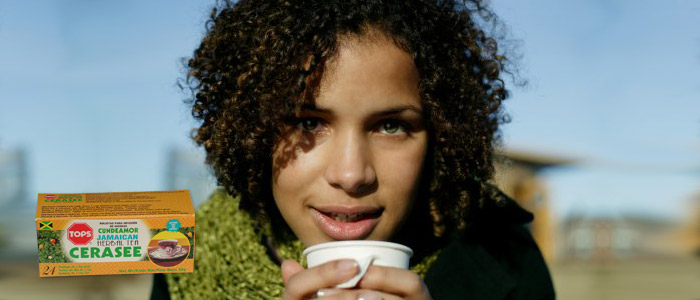
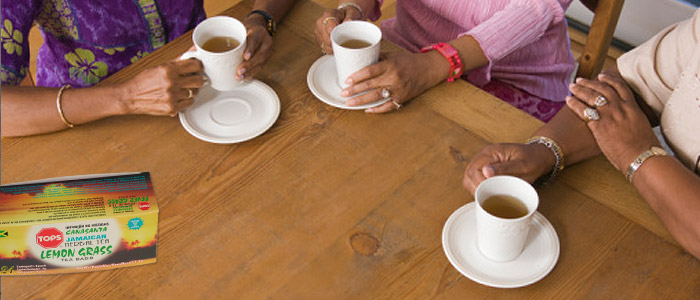
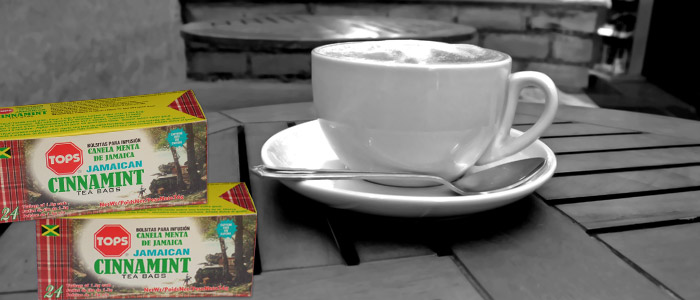
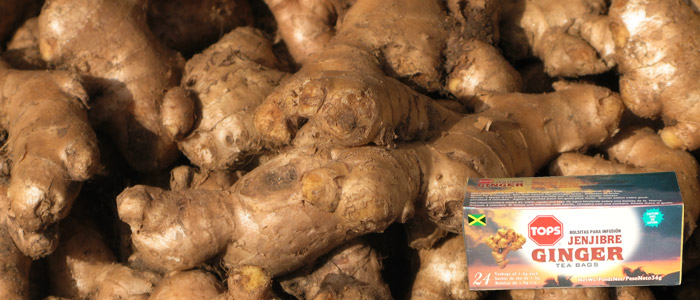
 Funding for this activity was provided by the Private Sector Development Programme (PSDP), a joint initiative of the Government of Jamaica and the European Union. The views expressed in this product are those of the author(s) and do not necessarily reflect those of the PSDP or the EU.
Funding for this activity was provided by the Private Sector Development Programme (PSDP), a joint initiative of the Government of Jamaica and the European Union. The views expressed in this product are those of the author(s) and do not necessarily reflect those of the PSDP or the EU.